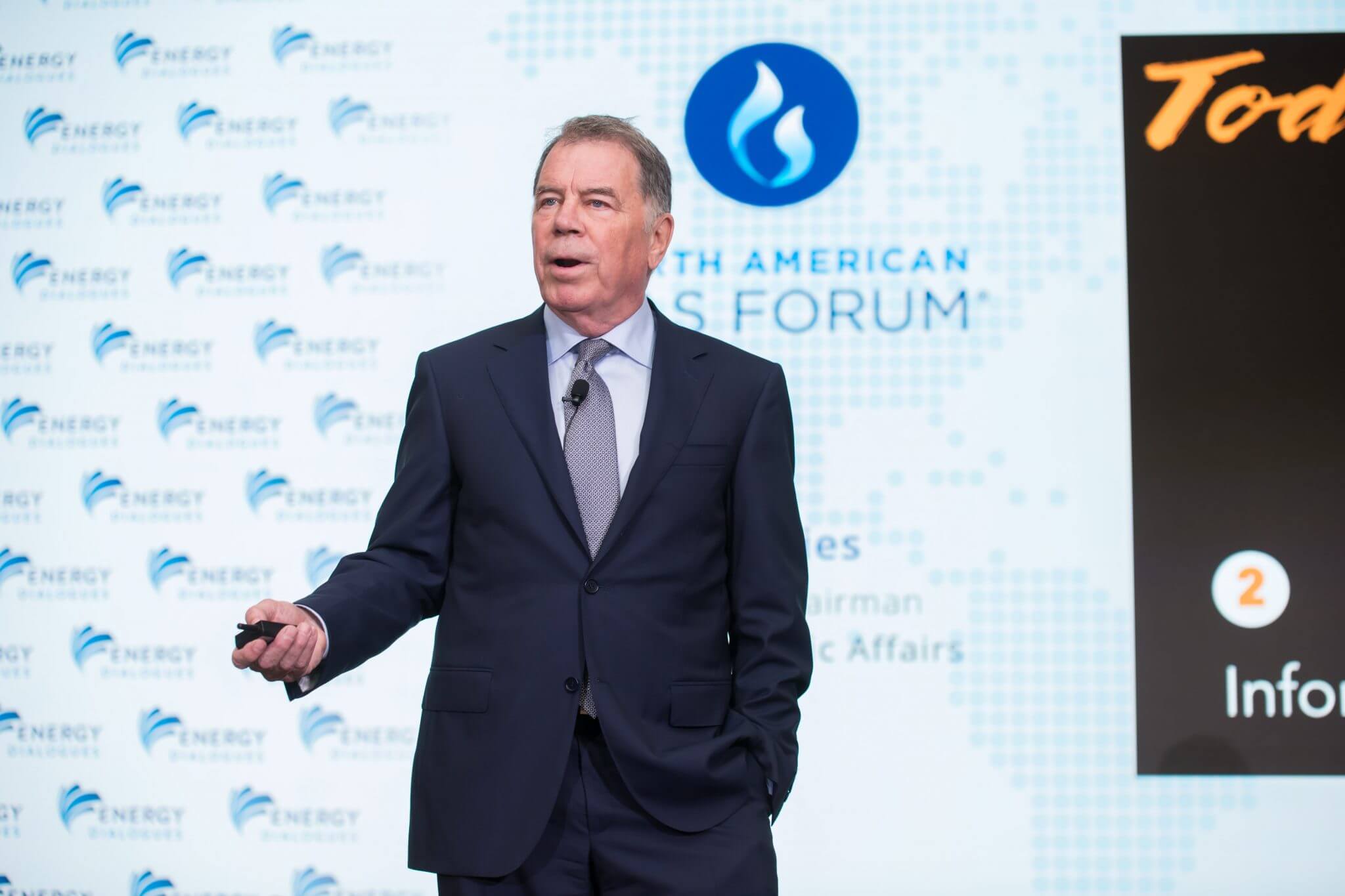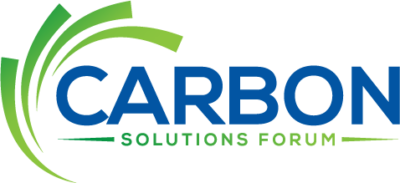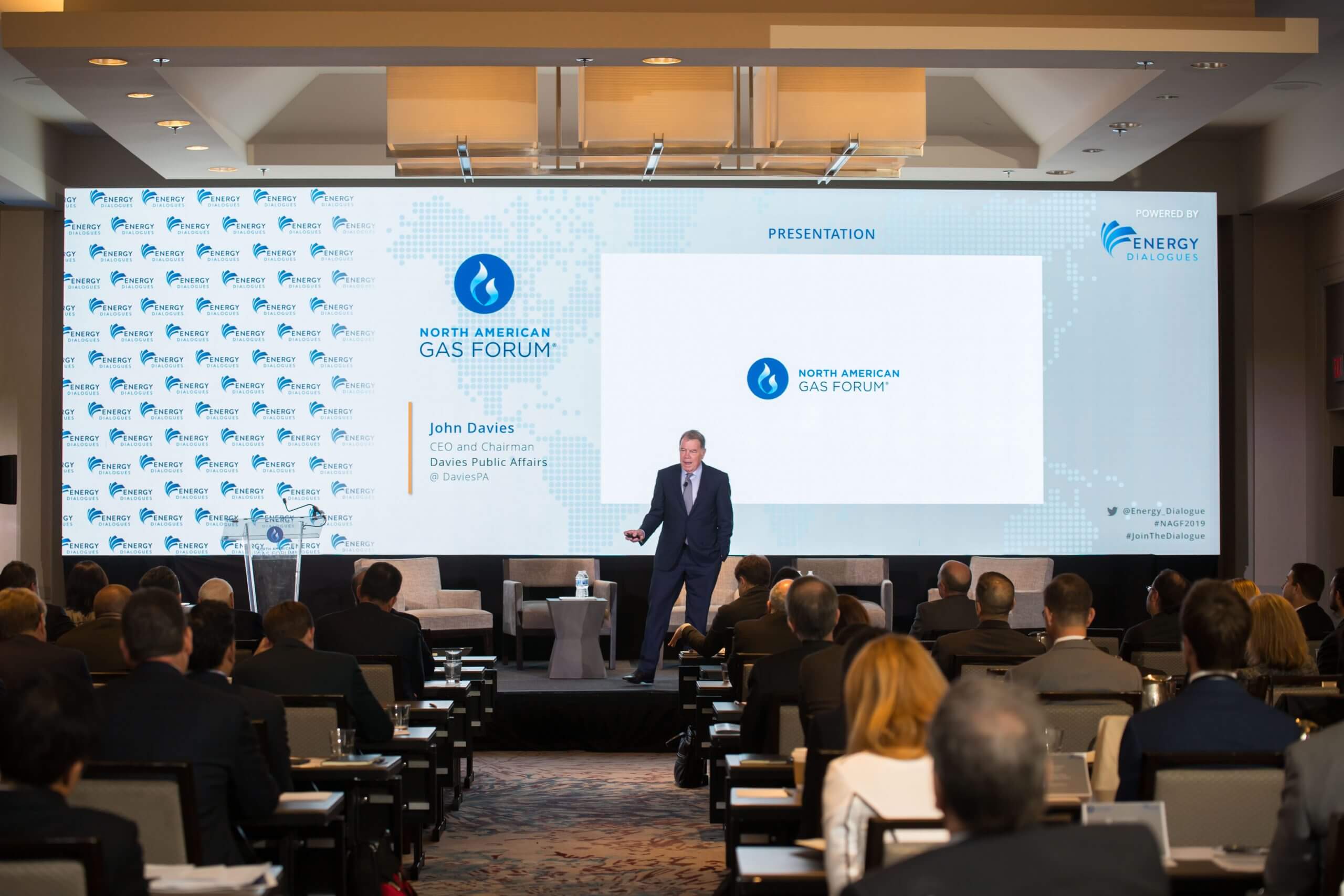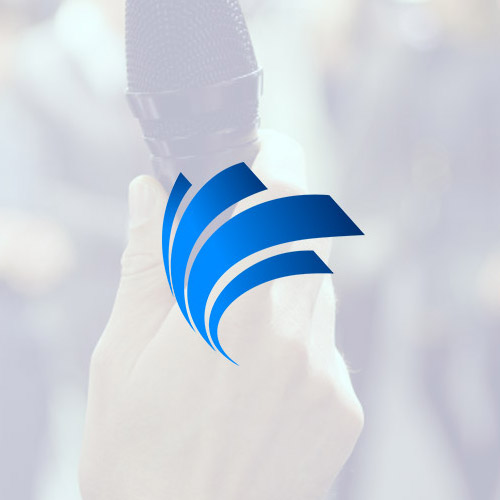John Davies Presents the Science of Messaging at the 2019 North American Gas Forum
The North American Gas Forum, held this past October in Washington D.C., continues to serve as a meeting place for key decision-makers from across the value chain to discuss the most pressing issues and priorities surrounding natural gas. This year, John Davies, CEO of Davies Public Affairs, presented on the Science of Messaging, addressing how to best engage and earn support for the energy industry.
We recently spoke with John about his presentation and his experience at the 2019 North American Gas Forum. Following the interview, you can view the full presentation.
Energy Dialogues: If you could select one takeaway you wish for all viewers of the presentation to have, what would it be?
John Davies: First, it is such an honor to speak at the North American Gas Forum once again. Like everyone who attends, I find it provides the best conversations and most useful insights.
The main idea I would like people to take away from the presentation is to take action and engage, yet do so with a message that resonates with the community. Communicating with the public and motivating support is a critical element of any successful project, but those communications must be built on best practices forged through research and the science of messaging.
Today, about six in ten Americans support natural gas. However, generationally that support is dropping and will continue to do so. A proactive conversation about the value of natural gas earns support. Hiding and hoping nobody notices is to follow the strategy of the coal industry.
Energy Dialogues: In the presentation, you break down the science of messaging into 5 points: power of connection, power of credibility, power of others, power of medium, and power of attention. Which one of these do you believe the energy industry, specifically the natural gas industry, is primarily falling short of?
John Davies: There is a lot to the science of messaging we’ve learned over the years that I could break down into 20 points, yet in a 15-minute talk, I choose these five as most important for the energy industry. I see the power of connection and the power of credibility as the industry’s greatest challenges.
The power of connection tells us that when people are connected, they are engaged and then they will join together on your behalf. Yet, over the decade, we have seen industry groups and companies relying solely upon digital and social, settling for valueless social media “likes” over a real personal connection. That’s a formula to fail (don’t get me wrong digital and social are an important part of the mix, but not alone). We must form relationships and then we can transition supporters into advocates (the power of others).
The power of credibility, discussed more below, is the basis of all successful energy communications today, be it solar, wind, or natural gas. We need to establish credibility quickly, and that is the essence of our Moral Case messaging.

Energy Dialogues: You mention the importance of creating a “moral case” for Natural Gas through a value-based message which is broken down in four steps: acknowledge, contrast, embrace, and bridge. In your experience, can you share with us some practical ideas/examples of how the industry can embrace these steps?
John Davies: Stop talking economics first, or only. Craft a value-based message instead. Relying only on economics makes the natural gas communications no better than the tobacco industry with nothing to say other than jobs and revenue, no redeeming value.
It seems however that nearly every energy or natural resources project communicates the same, which is exactly the opposite manner than we propose, losing them credibility and not gaining support at each step.
This leads to three outcomes: more emboldened and growing opposition; doubt from likely friends who just stay silent; long and extended delays from regulators and decision-makers.
We still tell the economic story. Yet, instead of starting with economics, we bridge to it as the last step. We start by acknowledging that a project will have impacts. That’s just a fact and admitting that upfront earns you credibility.
Immediately, we contrast the impact of acting with the impact of not moving forward. Then we embrace the non-economic benefits of the project.
And then, only after we’ve built the foundational elements, we bridge to the economic benefits (the jobs and revenue story).
This transparent and powerful approach earns support. That support can accelerate the permitting process and overcome likely opposition.
Energy Dialogues: In your opinion, what are the main challenges for the industry in a world of information overload and digital addiction?
John Davies: The energy industry faces the same challenges as everyone, from industries to parents. We need a good story about “why,” told well to cut through the noise – not just a statement of facts. (Check out my Formula for a Persuasive Message here)
My favorite example of a fact versus story approach is this:
Fact: “The queen and king died.”
Story: “The queen died and the king soon died of a broken heart.”
Find out what’s most on the public’s mind. Understand their dreams and fears and answer them transparently based upon your best moral case story. That changes everything and your support will grow.
The worst strategy is to stay quiet and hope no one notices.








